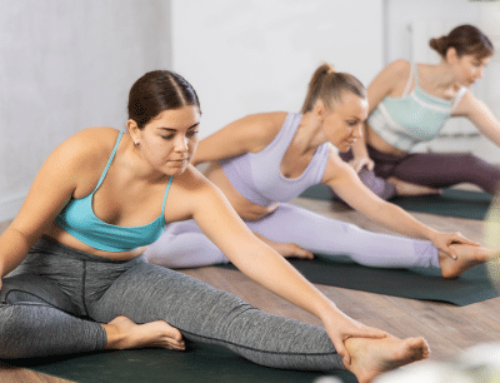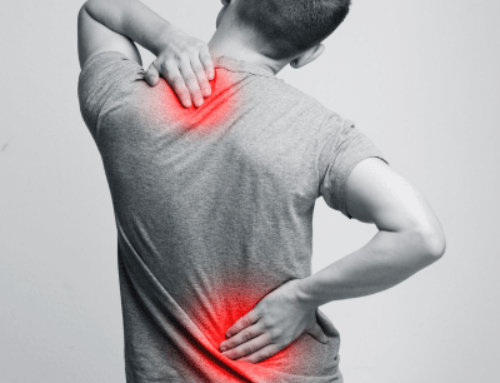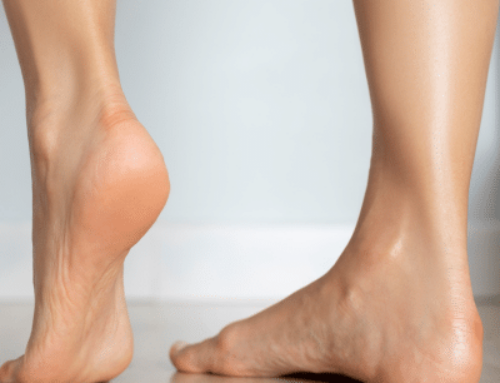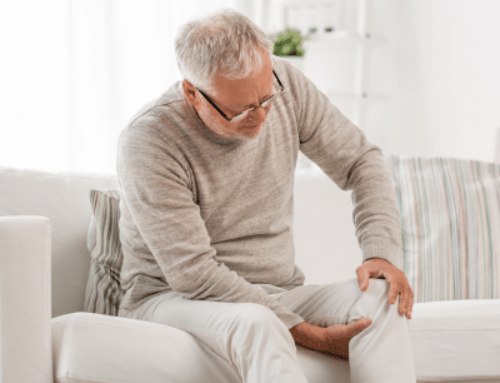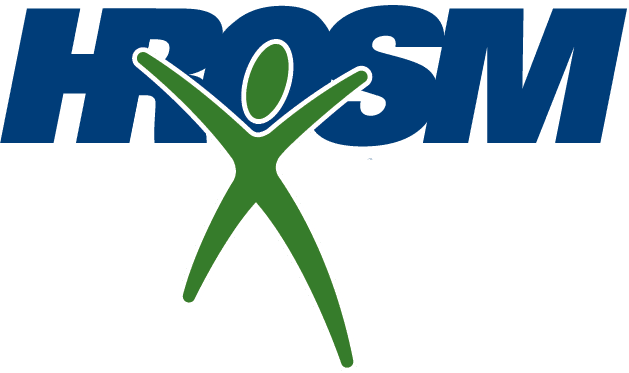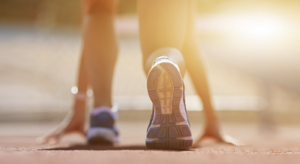 Patellofemoral pain syndrome (PFPS), or runner’s knee, got its nickname because it is so common among runners. The stress of running can cause irritation where the kneecap (patella) rests on the thighbone. The pain from PFPS can be sharp and sudden or dull and chronic, and it may disappear while you’re running, only to return again afterward.
Patellofemoral pain syndrome (PFPS), or runner’s knee, got its nickname because it is so common among runners. The stress of running can cause irritation where the kneecap (patella) rests on the thighbone. The pain from PFPS can be sharp and sudden or dull and chronic, and it may disappear while you’re running, only to return again afterward.
What are the symptoms of Runner’s Knee?
- Pain behind or around the kneecap, especially where the thighbone and the kneecap meet
- Pain when you bend the knee — when walking, squatting, kneeling, running, or even rising from a chair
- Pain that’s worse when walking downstairs or downhill
- Swelling
- Popping or grinding sensations in the knee
What causes Runner’s Knee?
- Natural posture: patellar position, knee position (being knock-kneed)
- Weakness in your core, gluteus or thigh muscles
- Tightness in the hip, thigh or calf
- Improper training
- Starting physical activity without proper warm-up
- Increasing distance or frequency too quickly when training for a race
- Improper footwear, including wearing the wrong style running shoe for your body or not changing out your shoe wear often enough
What Treatment is Available for Runner’s Knee?
If you think you are suffering from PFPS, we recommend you seek evaluation from a Sports Medicine provider. Some treatments we can provide, include:
- Adding correct strengthening exercises tailored to you, for glutes, quads and core muscles
- Changing your training techniques. Runners typically shouldn’t increase distance more than 10-15% per week, or less for new runners
- Our physical therapists can offer shoe advice as well as direct you to knowledgeable running-specific shoe stores in your area
- Bracing or taping techniques may be helpful
- Incorporating correct stretching for the hip flexors, hamstrings, IT Band and calf muscles
- Adding cross training to your routine. If you are only running, sometimes it can be helpful to add another activity into your routine, such as cycling, swimming, or yoga.
For more information about runner’s knee, schedule an appointment online, or call us at 757-874-1554.

